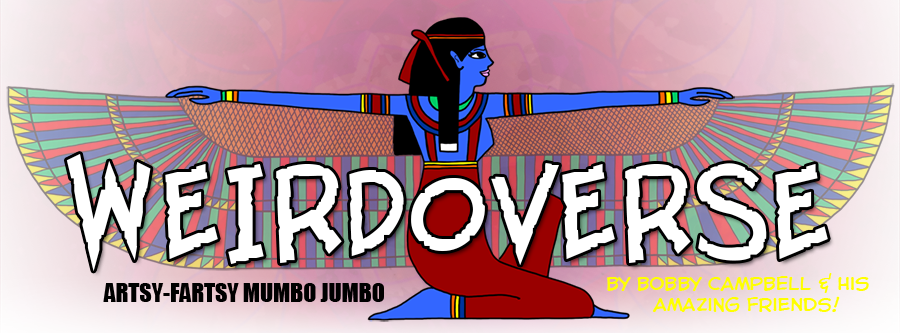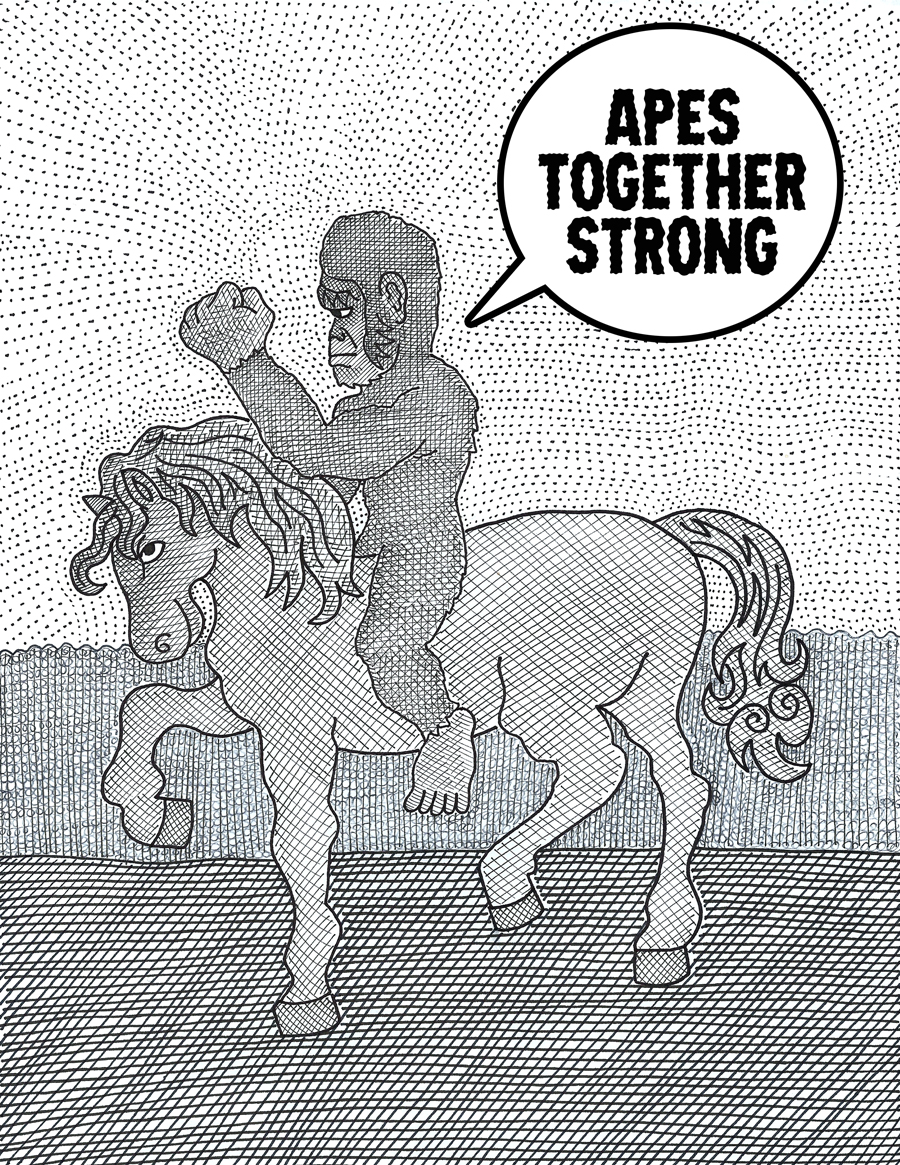My review notes from an advanced screening of the 2017 film War for the Planet of the Apes :)))
War for the Planet of the Apes luxuriates in its unique cinematic context, as the third installment of a very critically and commercially successful trilogy, but also as the 9th overall offering of a particularly ridiculous Hollywood film franchise. This movie has a mandate for suspension of disbelief that other films could never have, and uses it to great effect, creating a movie that is completely ludicrous, but also a wonderfully complex cultural artifact.
From its inception the Planet of the Apes movies have ostensibly been about the end of humanity, though more often than not the seriousness of that premise was hidden behind delightful rubber masks and fun sci-fi tropes. The reboot trilogy played it much more straight, but largely the first 2 films were just well executed action movies. War for the Planet of the Apes seems to have much larger ambitions, and appears to be trying to make a genuine artistic statement through the unique medium of the summer blockbuster. The film persists as a kind of pastiche of cinematic touchstones.
The first act of the film plays with the duel aesthetics of classic war & western genre films, before settling into a pretty straight forward Heart of Darkness/Apocalypse Now homage. And just in case the audience misses the references, the film hits you over the head with an actual sign post, spray painted on a wall, “ape-ocalypse now,” a jarring bit of meta-exposition that I don’t think many other movies could get away with, but here it just works, after all, it’s a Planet of the Apes movie!
Though this supposedly summer popcorn flick then takes a perilous turn towards symbolically representing some of humanity’s greatest atrocities. A metaphor that at first seems far too heavy to place upon these flimsy pop culture icons, but again, somehow, they get away with it. The film piles on allegories of numerous oppressed people, so much so that eventually the specific cases give way to the general principle of dehumanization. The apes emerge as true archetypes of the other, making their eventual triumph magnificently cathartic and emotionally resonate. When the narrative journey of the film inevitably leads to the last remnants of humanity being obliterated, the climatic moment is a subtle, but interesting, emotional juxtaposition. The extinction of our species is experienced as a well deserved victory for our beloved protagonists. A conflict resolution that sends quiet ripples of cognitive dissonance through the viewers dual identification with both the main characters of this story and their own real life humanity.
The character of Caesar completes his heroic character arc, becoming a kind of Moses like mythic figure, bringing his tribe to the promised land, which then also completes a meta-contextual circle, as the story returns to its origins, waiting for Charlton Heston to come down from the sky.
War for the Planet of the Apes simultaneously functions as an action-packed-thrill-ride and as a thoughtfully constructed semiotic examination of modern humanity. Watch gun wielding apes on horseback ride boldly into battle!! As they also mostly communicate silently through subtle body language, bringing forth perhaps the most well realized representation of non-human intelligence in all of cinema.
TL;DR: As above, so below! This blockbusting story universe movie synthesizes both the higher and lower discourses, adding substance to the spectacle, and emerges as a fine example of pop culture’s accelerating complexification :)))

